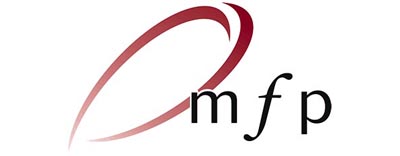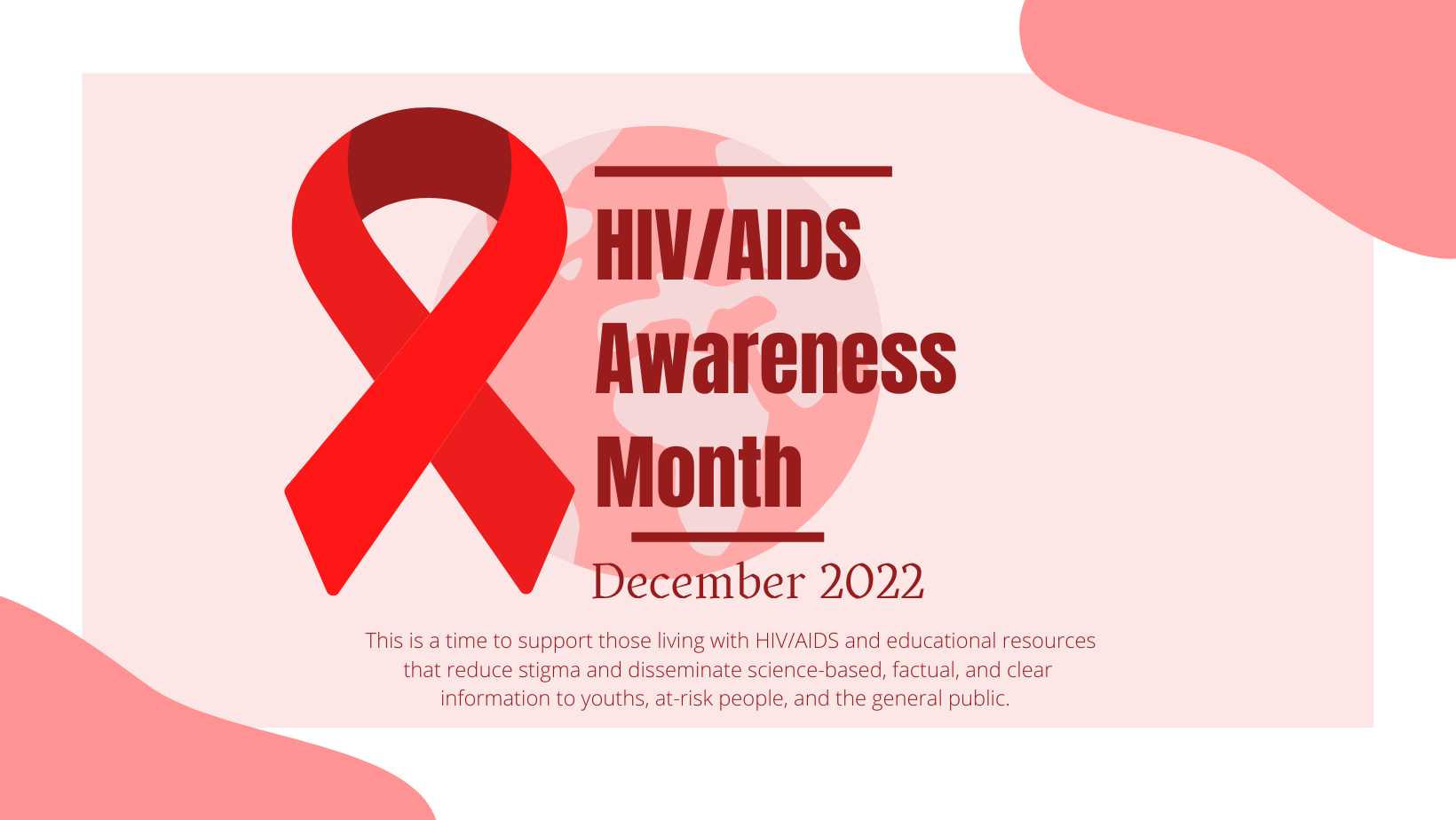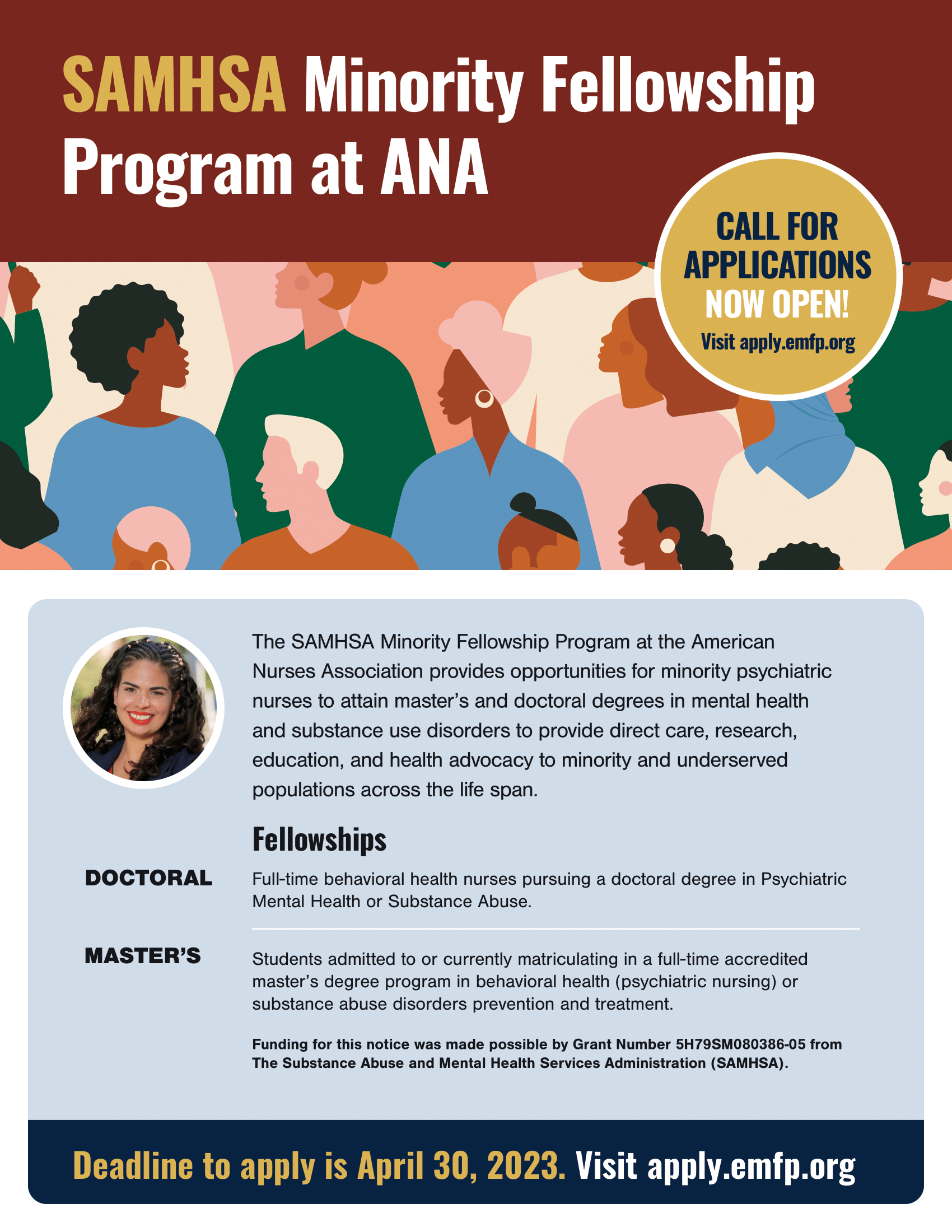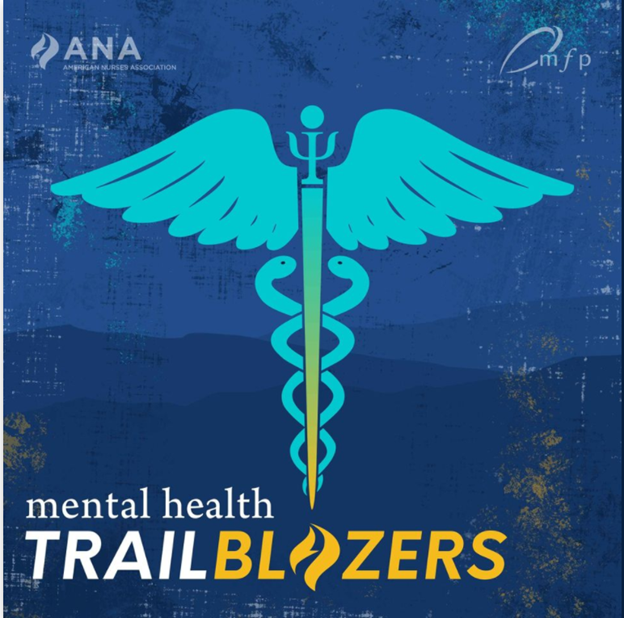Each week a quote is shared for your consideration. Some quotes might offer comfort, hope, a challenge, a chuckle, or inspiration. You may or may not agree with the quote, but it is offered simply to help you reflect and ponder.
For it’s our grief that gives us our gratitude, Shows us how to find hope, if we ever lose it. So ensure that this ache wasn’t endured in vain: Do not ignore the pain. Give it purpose. Use it.
— Amanda Gorman
The MFP is an initiative staffed by ANA with funding from SAMHSA, making fellowships available to ethnic and racial psychiatric nursing students who are enrolled full time in an accredited master’s/doctoral nursing program.
HEALTH AND WELLNESS
This week’s recommended Health and Wellness Activity
HEALTH DISPARITY RELATED ARTICLES
Rural Health Literacy Toolkit (opens new window)
This toolkit compiles evidence-based and promising models and resources to support organizations implementing programs to improve health literacy in rural communities across the United States. Read more (opens new window)
What Does Health Justice Look Like for People Returning from Incarceration? (opens new window)
Access to health care is a constitutional right in the United States correctional system, and many incarcerated adults are newly diagnosed with chronic diseases in prison. Despite this right, the quality of correctional health care is variable, largely unmeasured and unregulated, and characterized by patients’ widespread distrust of a health system that is intimately tied to a punitive criminal justice system. Read more (opens new window)
Stigma’s Toll on Sexual and Reproductive Health (opens new window)
On a larger scale, structural stigma includes laws and policies that marginalize people, such as travel restrictions for people living with HIV or laws that criminalize sex work. “Structural stigma also affects funding and which medical conditions get treatments,” says Murray, noting the delay of HIV/AIDS research in the 1980s. Read more (opens new window)
NHLBI’s Strong Heart Study and American Indian communities team up to fight COVID-19 (opens new window)
For 33 years, the NHLBI’s Strong Heart Study has focused on learning why American Indians have one of the highest heart disease rates in the nation—almost double that of the general population. And during that time, it has made important discoveries – confirming, for example, that risk factors like diabetes, high blood pressure, and elevated cholesterol have been driving the alarming numbers. Read more (opens new window)
MFP/ANA ANNOUNCEMENTS & UPCOMING EVENTS
Applications for our 2023-2024 cohort are now open! If you have ever considered earning a master’s or doctoral degree in psychiatric mental health nursing and identify as a member of an ethnic minority in the U.S., learn more about the MFP/ANA and apply today at
apply.emfp.org (opens new window).
Missed an episode from
season 2? Click
here (opens new window) to get caught up!
Mental Health Trailblazers – Psychiatric Nurses Speak Up! is the MFP/ANA podcast featuring the groundbreaking journeys of BIPOC psychiatric mental health nurses, in their quest to meet the urgent and unmet needs of under-represented communities in America.
The following may be of interest to you:
• The Steve Fund: "Uplifting Young Women of Color in STEM and Medicine" Webinar
• National Indigenous Women's Resource Center: "Foundation and Key Principles: Strengthening the Role of Advocacy in Indian Country" Workshop
• NIH RECOVER, NIH CEAL, and the NIH Tribal Health Research Office: "Highlights of Pandemic Related Successes in Tribal Communities" Webinar
•
American Nurses Association Call for Public Comment: The ANA Center for Ethics and Human Rights Advisory Board seeks public comment on the proposed position statement, Privacy and Confidentiality. The deadline for comments is December 13, 2022, at 5 pm ET.
Learn more (opens new window)
About MFP
Funding for the MFP e-Newsletter was made possible (in part) by Grant Number 1H79SM080386-05 from SAMHSA. The views expressed in written training materials or publications and by speakers and moderators do not necessarily reflect the official policies of the department of Health and Human Services; nor does mention of trade names, commercial practices, or organizations imply endorsement by the U.S. Government.







